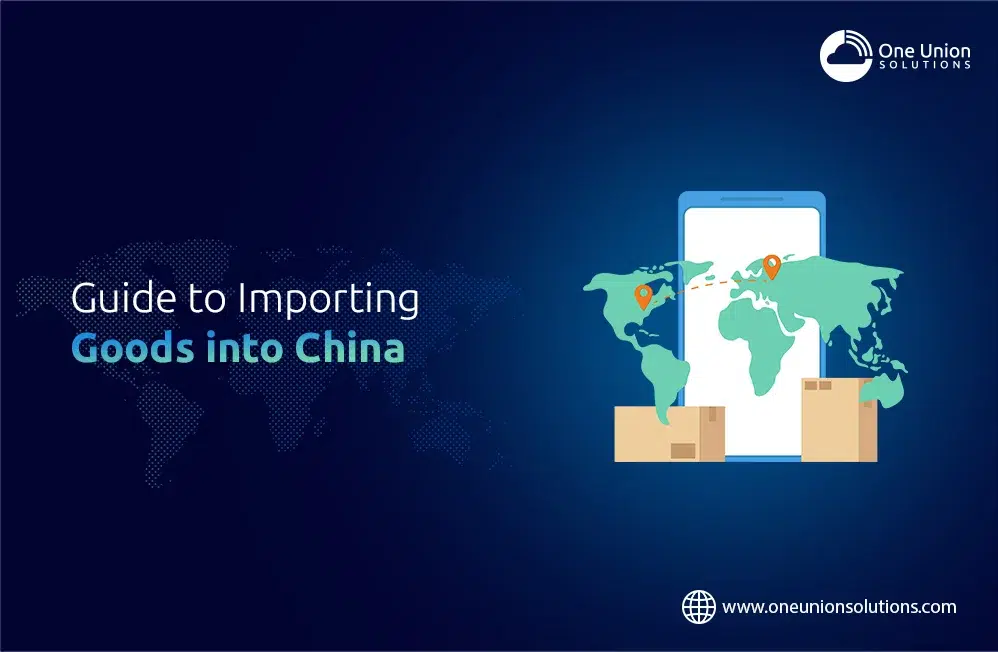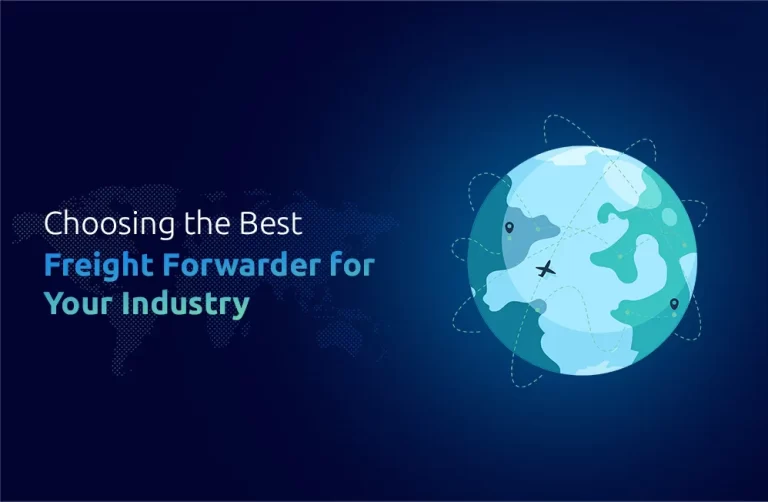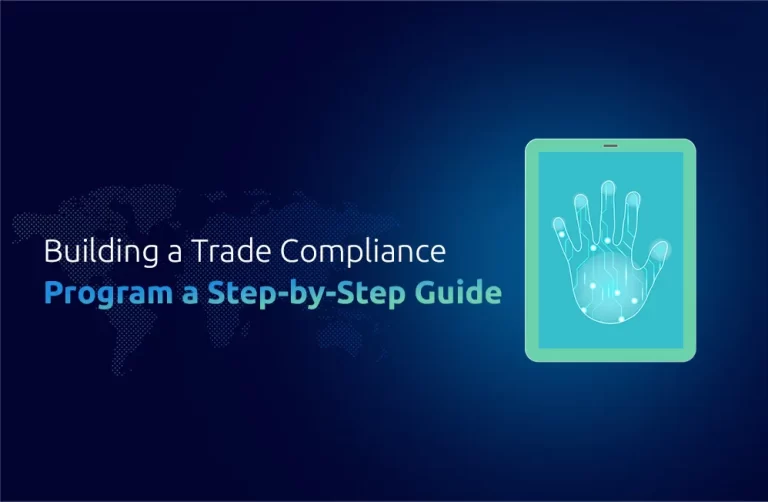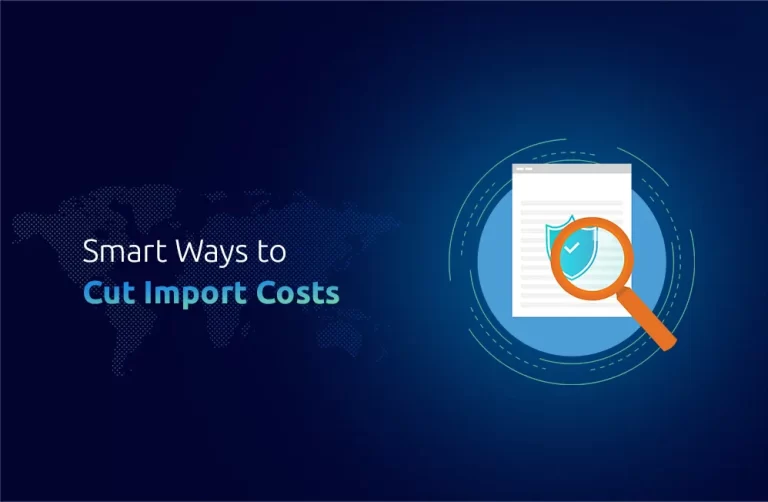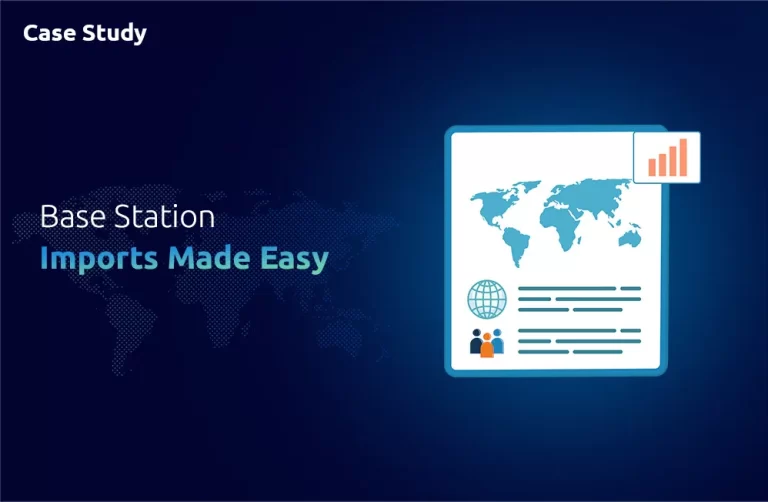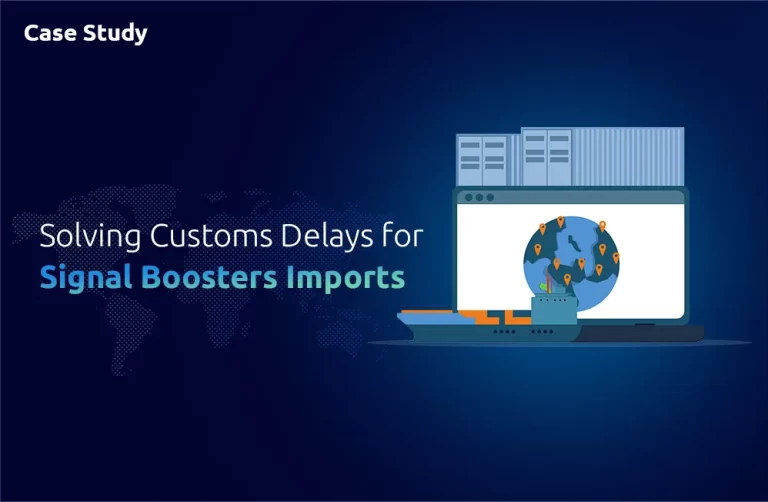China is a valuable market for businesses globally due to its status as a prominent player in international trade and a global economic powerhouse. If you’re thinking about bringing products into China, you may take advantage of a sizable consumer base and a quickly expanding economy. But figuring out China’s complicated import regulations can be a difficult undertaking. The goal of this tutorial is to give you a thorough understanding of the processes involved in importing goods into China, including crucial laws, the customs process, and a suggested union solution firm to help with the importation.
Section 1: Understanding the Chinese Import Market
Before discussing the specifics of importing products into China, it is necessary to have a deeper understanding of the Chinese import market. Knowing China’s import guidelines is necessary for organizations aiming to tap into the world’s second-biggest economy. Importing goods to China involves guiding a complete system of laws, such as securing the proper China import licenses based on good categorization and industry requirements. With the country’s growing demand for high-quality foreign goods and developing regulatory landscape, confirming approvals not only simplifies customs clearance but also helps avoid costly delays. For global organizations, mastering these regulations is a critical step toward beginning a successful presence in the Chinese market. This section covers important subjects, including market trends, client behavior, and market entrance strategies.
1.1 Market Trends
China’s import market has expanded dramatically over the years as a result of factors like urbanization, increasing earnings, and increased consumer demand for imported products. The following are some significant changes in the Chinese import market:
E-commerce: Online shopping has become more and more popular as a result of the dominance of websites like Alibaba, JD.com, and Taobao in the market.
Cross-border e-commerce: The Chinese government has tried to simplify regulations relating to cross-border e-commerce to make it easier for foreign businesses to reach Chinese customers.
– Preference for foreign brands and quality: Chinese consumers typically think that items from other countries are safer and of higher quality, which is advantageous for international businesses.
Prioritize sustainability: The demand for eco-friendly and sustainable goods has increased along with people’s awareness of environmental challenges.
1.2 Consumer Behavior
Understanding Chinese consumer behavior is crucial for importing goods successfully. Chinese consumers value product quality, brand reputation, and convenience. It’s essential to tailor your products and marketing strategies to meet these preferences.
1.3 Market Entry Strategies
When importing goods into China, you have several market entry strategies to choose from, including:
– Creating a local presence: You can have a physical presence and improve your understanding of the market by forming a joint venture or subsidiary in China.
Distributors and agents: Working with regional distributors or agents might assist you in expanding your consumer base without requiring a big financial commitment.
– Cross-border e-commerce: Pursuing sales via these channels can prove to be an economical means of gauging the market and connecting with Chinese buyers.
Section 2: Import Regulations and Documentation
Importing goods into China involves complying with a range of regulations and obtaining the necessary documentation. This section outlines the essential aspects of import regulations and documentation.
2.1 Import Licenses
Bringing your items into China may require an import license, depending on what kind of commodities they are. Usually, the Ministry of Commerce or other appropriate authorities issue these permits. Make careful to investigate and ascertain whether an import license is necessary for your products.
2.2 Customs Declarations
To clear your goods through Chinese customs, you need to provide a customs declaration. This declaration includes information about the goods, their value, and their origin. You can complete customs declarations through the Single Window for International Trade platform, which streamlines the process.
2.3 Tariffs and Duties
Tariffs and duties, which are levied by China on imported goods, are subject to variation based on the product category and origin. You can check the China Customs Tariff to find out what tariffs and duties apply to your goods.
2.4 Inspection and Quarantine
When a product arrives in China, it might be subject to inspection and quarantine procedures. Knowing if your goods fit into this category will help you make the appropriate preparations. Maintaining safety and quality standards is essential to preventing importation process delays.
2.5 Documentation
When importing goods into China, you’ll need various documents, including:
– Commercial invoice: A detailed document specifying the value, quantity, and description of the goods.
– Packing list: An itemized list of the contents and packaging of each shipment.
– Bill of lading or airway bill: These documents serve as proof of shipment and ownership.
– Certificate of origin: This document confirms the origin of the goods and may impact the applicable tariffs.
– Import license or permit: If required, you must have the appropriate import licenses in place.
– Customs declaration form: The form used to declare your goods to Chinese customs.
2.6 Labeling and Packaging
Chinese regulations dictate specific labeling requirements for imported products. Ensure that your goods meet these requirements to prevent any issues with customs or consumer trust.
Section 3: Chinese Customs Procedures
Navigating Chinese customs procedures can be complex, and understanding the process is crucial for a smooth importation experience. This section provides an overview of customs procedures in China.
3.1 Customs Clearance
Customs clearance is the process of getting your goods through Chinese customs. This typically involves presenting the necessary documents and complying with customs regulations. You can handle customs clearance yourself or hire a customs broker or freight forwarder to assist you.
3.2 Customs Valuation
Customs authorities use various methods to value imported goods for tariff assessment. The most common method is the transaction value, which is the price paid or payable for the goods when sold for export to China.
3.3 Risk Assessment and Inspection
Chinese customs may select shipments for inspection or risk assessment. It’s important to comply with all relevant regulations and safety standards to minimize the likelihood of your goods being subject to inspection, which can cause delays.
3.4 Customs Duties and Taxes
Customs duties and taxes are levied on imported goods. You must be aware of the applicable rates and make the necessary payments to ensure your goods are released from customs.
Section 4: Recommended Union Solution Company
When importing goods into China, enlisting the help of a reputable union solution company can simplify the process and reduce the risk of compliance issues. One such company that has gained recognition in the industry for its expertise in facilitating imports into China is “UnionEase International.”
UnionEase International: A Trusted Partner for Importing into China
UnionEase International is a well-established union solution company that specializes in assisting businesses with their import needs in China. With a strong track record of providing tailored solutions to a diverse range of clients, UnionEase International has garnered a reputation for reliability and efficiency. Here are some key reasons why UnionEase International is a recommended partner for importing goods into China:
4.1 Expertise in Chinese Regulations
Navigating the intricate web of Chinese import regulations can be a daunting task for businesses. UnionEase International boasts a team of experts well-versed in Chinese import laws and customs procedures. Their deep understanding of the regulatory landscape allows them to guide clients through the process seamlessly.
4.2 Customs Clearance Services
UnionEase International offers comprehensive customs clearance services, ensuring that your goods clear Chinese customs smoothly. They have established relationships with customs authorities and are experienced in handling the necessary documentation and procedures.
4.3 Risk Mitigation
Importing goods into China involves inherent risks, including potential delays and compliance issues. UnionEase International is skilled at identifying and mitigating these risks to ensure a hassle-free import experience for their clients.
4.4 Warehousing and Distribution
UnionEase International provides warehousing and distribution services to meet your logistics needs. This ensures that your imported goods are stored securely and delivered to their intended destinations efficiently.
4.5 Multilingual Support
One of the advantages of partnering with UnionEase International is their multilingual support. Their team is proficient in various languages, including English, which makes communication and understanding the import process more accessible for international clients.
4.6 E-commerce Integration
For businesses looking to tap into the booming Chinese e-commerce market, UnionEase International can assist with e-commerce integration, helping you navigate platforms like Alibaba and JD.com.
4.7 Competitive Pricing
UnionEase International offers competitive pricing for their services, making them an attractive choice for businesses of all sizes. Their transparent pricing structure ensures that you know what to expect in terms of costs.
Section 5: Post-Importation Considerations
Importing goods into China is not just about getting your products through customs. You also need to consider various post-importation aspects to ensure the success of your business venture.
5.1 Distribution and Sales Channels
To reach your target market, you must set up distribution and sales channels after your goods have cleared customs. This could include opening your own stores, forming alliances with nearby merchants, or conducting online sales, depending on your business plan.
5.2 Marketing and Branding
Effective marketing and branding are essential for gaining the trust of Chinese consumers. Tailor your marketing efforts to align with the preferences and values of your target audience.
5.3 After-Sales Service
Providing excellent after-sales service is crucial for building a loyal customer base in China. This includes addressing customer inquiries, handling returns, and offering warranties when applicable.
5.4 Compliance and Quality Assurance
Continuously monitor and ensure compliance with Chinese regulations and standards. Quality control and product testing should be ongoing to maintain consumer trust.
5.5 Market Expansion
As your company expands in China, think about adding more products to your line and looking into potential business opportunities in other areas or cities.
Conclusion
To reach one of the biggest consumer markets in the world, businesses can find great success importing goods into China. To guarantee a smooth importation process, it is crucial to negotiate the intricacies of Chinese import laws and customs protocols. By working with a reputable union solution provider like UnionEase International, you can reduce risks, expedite the import procedure, and take full advantage of the numerous opportunities that China presents to foreign companies. You can make a significant impact in this vibrant and dynamic market by learning about the Chinese import market, following the law, and giving post-importation considerations top priority.
FAQ’s
- What are the advantages of importing goods into China?
Bringing products into China can have a number of benefits, such as opening up a sizable consumer market, providing chances for company expansion, obtaining cheaper production costs, and potentially contributing to the nation’s economic expansion.
- Do I need an import license to import goods into China?
The type of goods you import into China will determine whether you need an import license. An import license might be necessary for some products, but not for others. It’s crucial to investigate and ascertain whether an import license is required for your particular products.
- How do I calculate customs duties and taxes for my imported goods?
In China, customs value is usually the basis for customs duties and taxes. The product category and country of origin have an impact on the rate. By consulting the China Customs Tariff or asking for help from customs officials, you can determine these expenses.
- Can I handle customs clearance by myself, or should I hire a customs broker or a freight forwarder?
Even though customs clearance can be handled independently, many companies find that hiring a freight forwarder or customs broker is more efficient, particularly if they are unfamiliar with Chinese customs procedures. These experts can guide you through the procedure, making it go more smoothly and effectively.
- What are the labeling and packaging requirements for imported goods in China?
China mandates that imported goods be labeled with specific information, including using Chinese labels. Standards for quality and safety should also be met by packaging. It is imperative that you become acquainted with these specifications and confirm that your products meet them.

